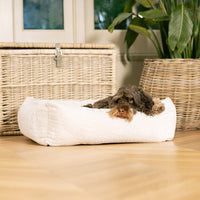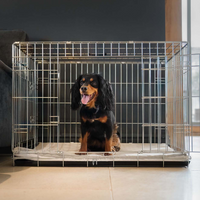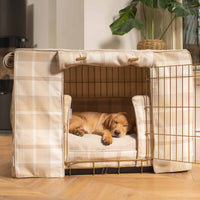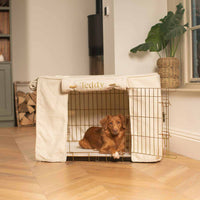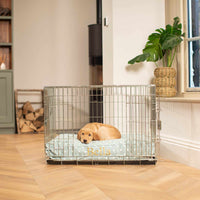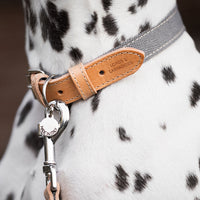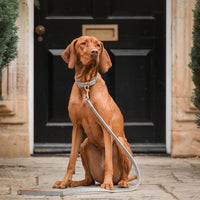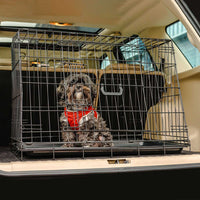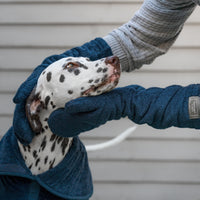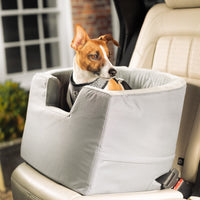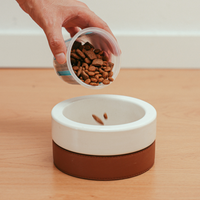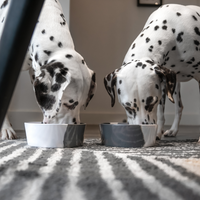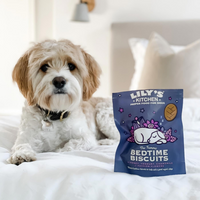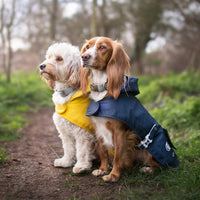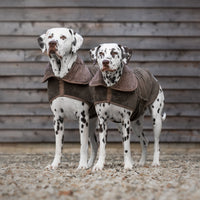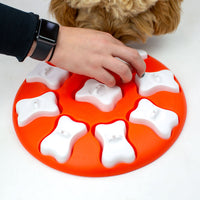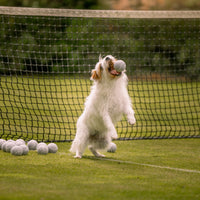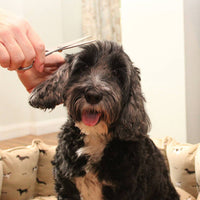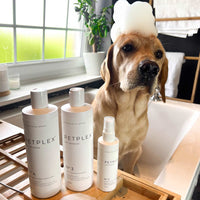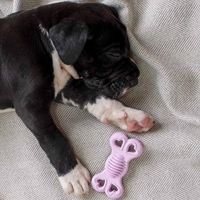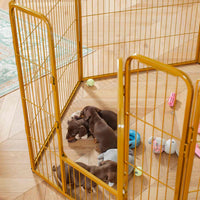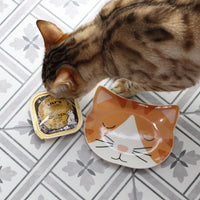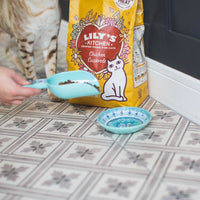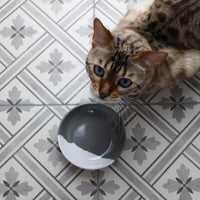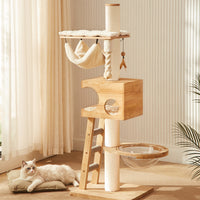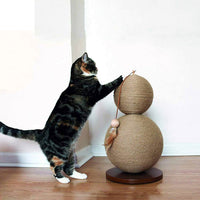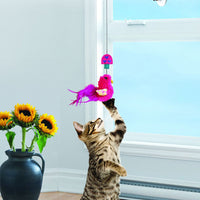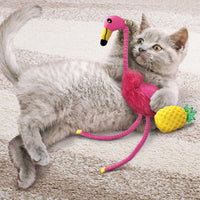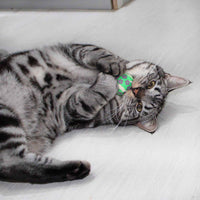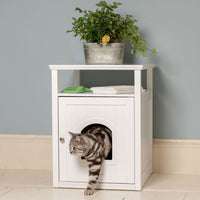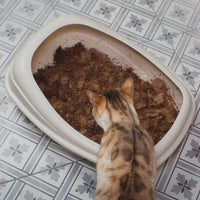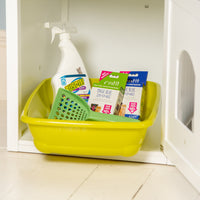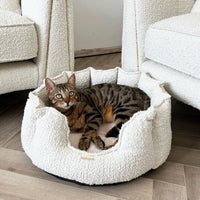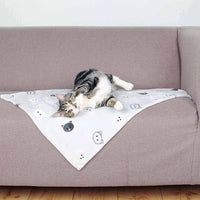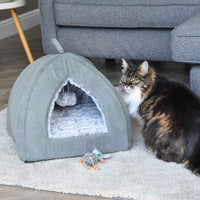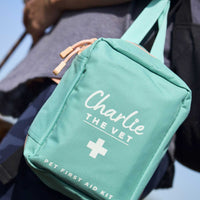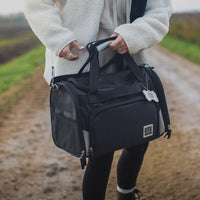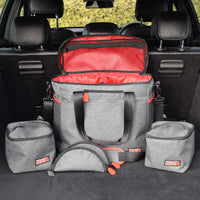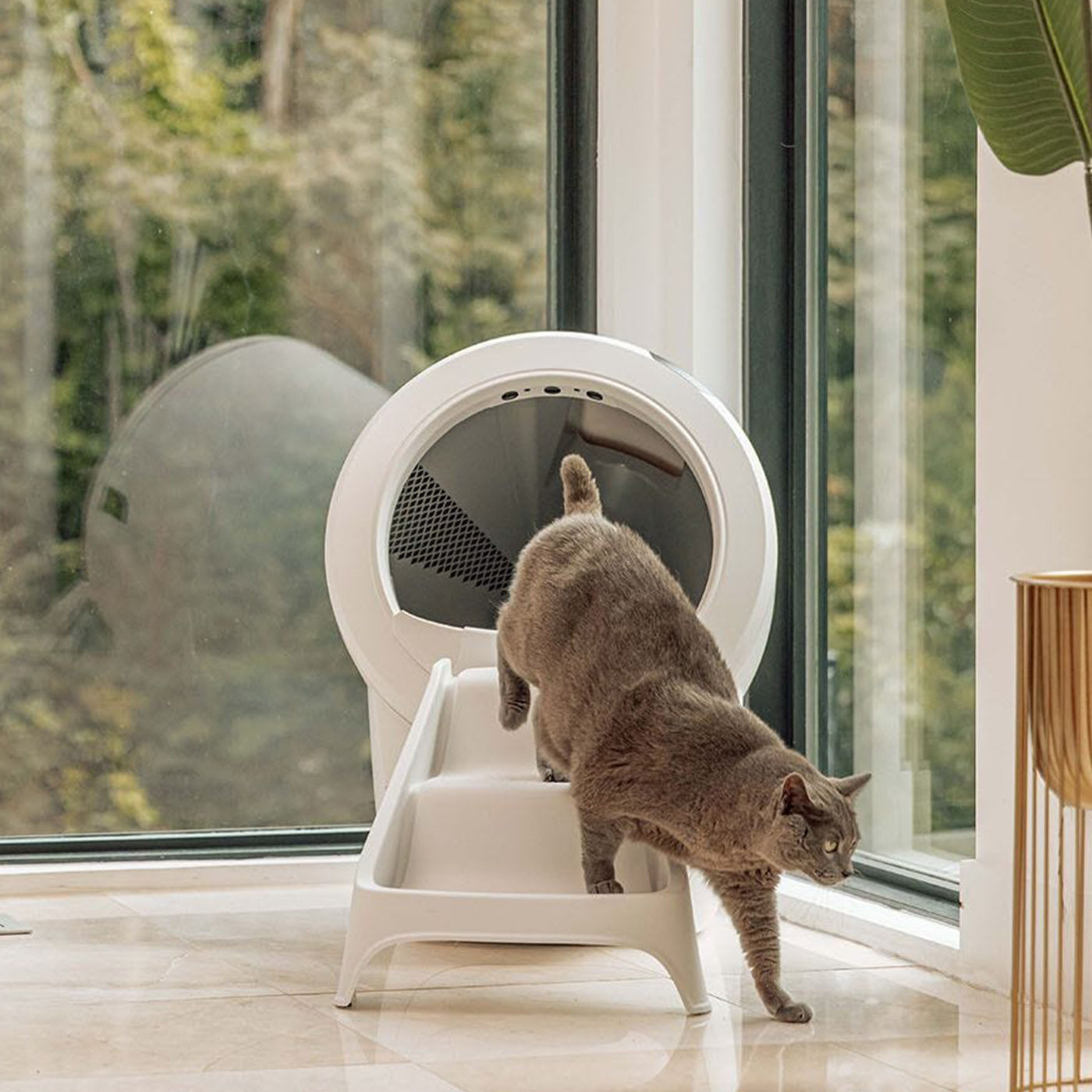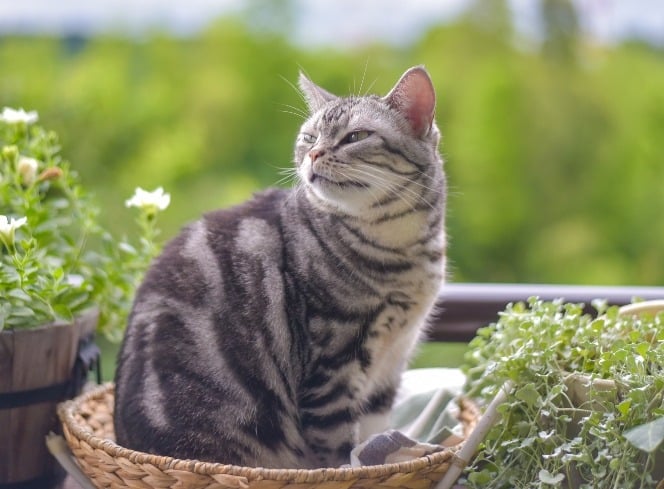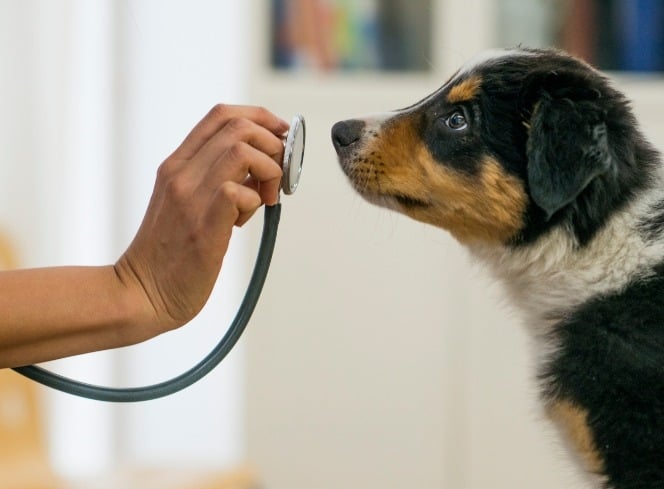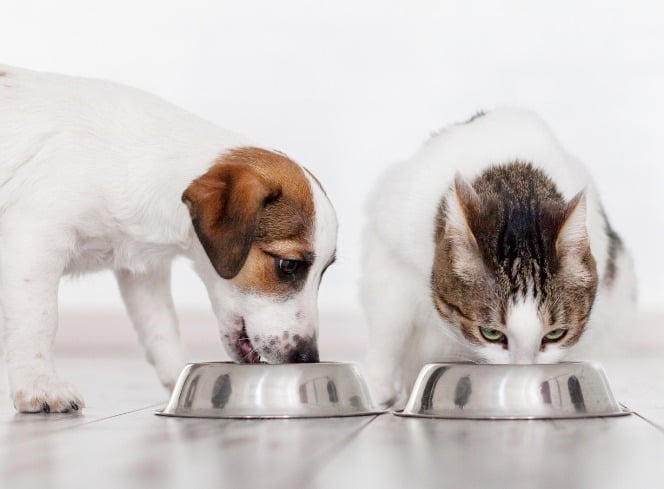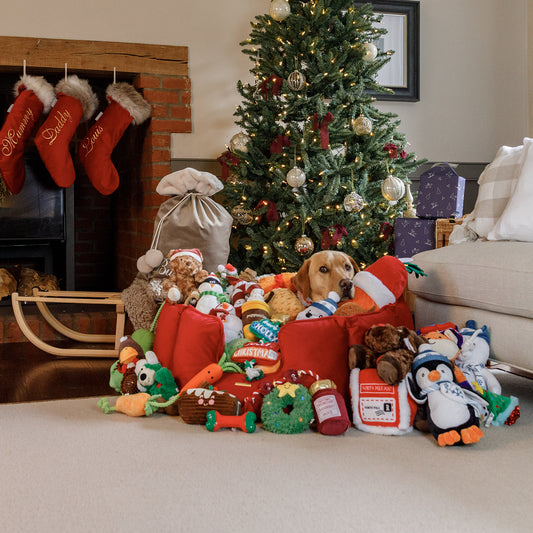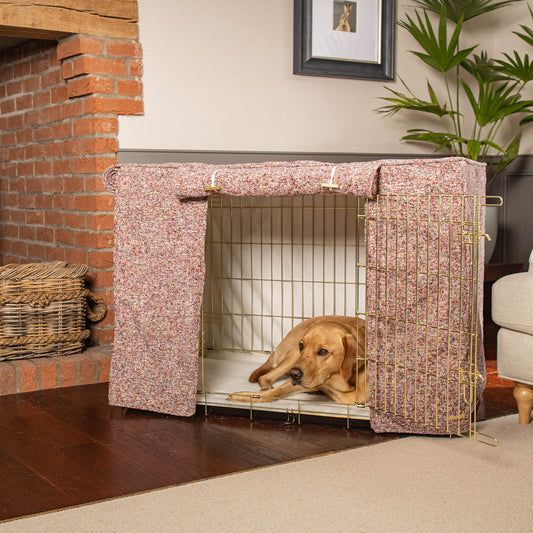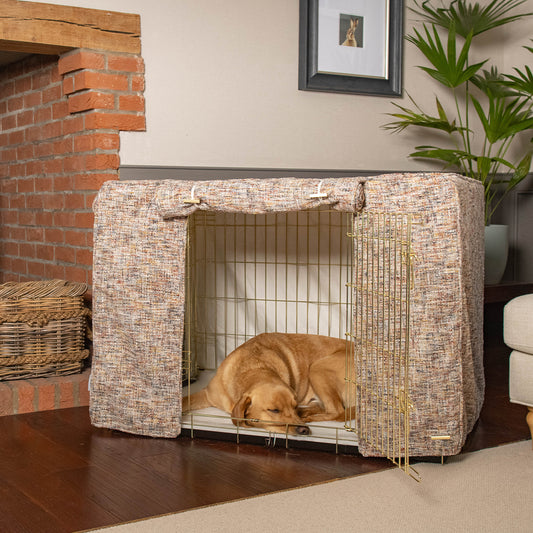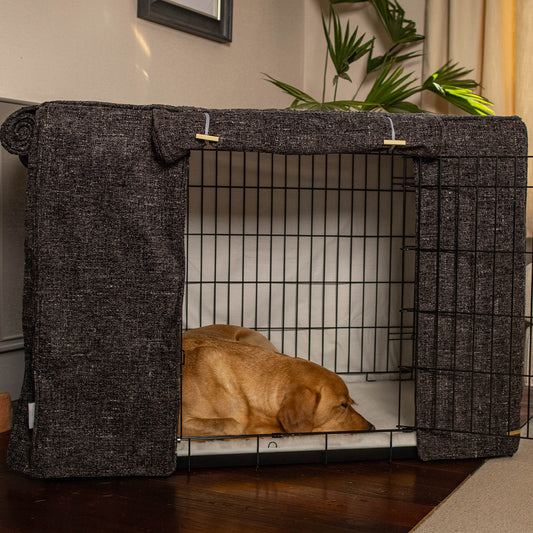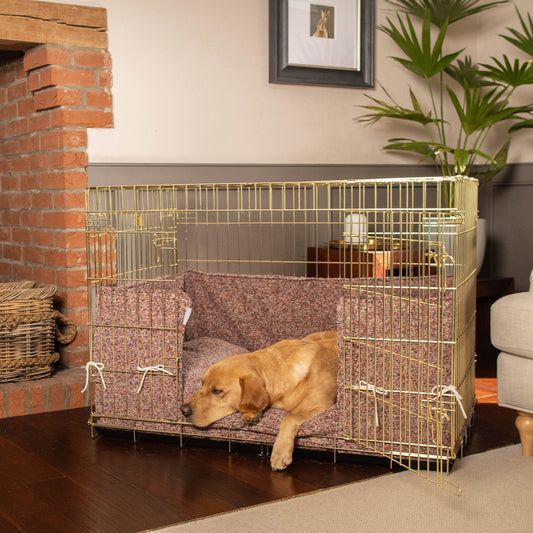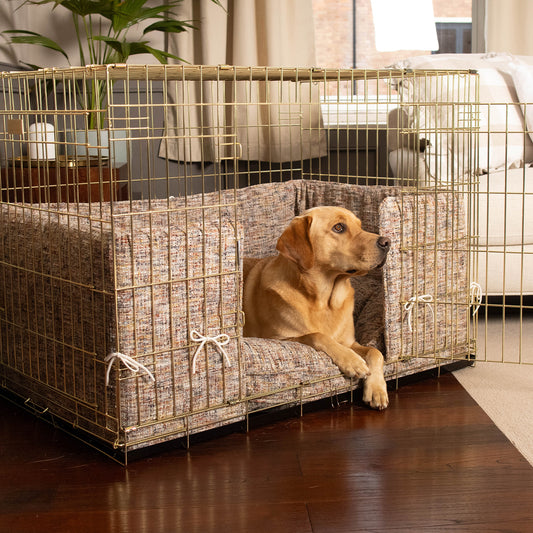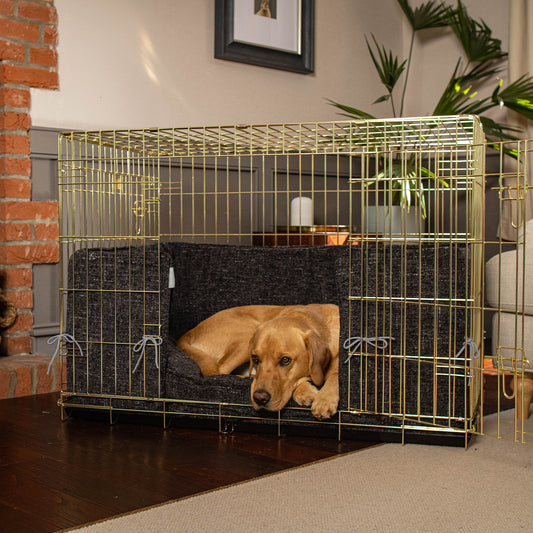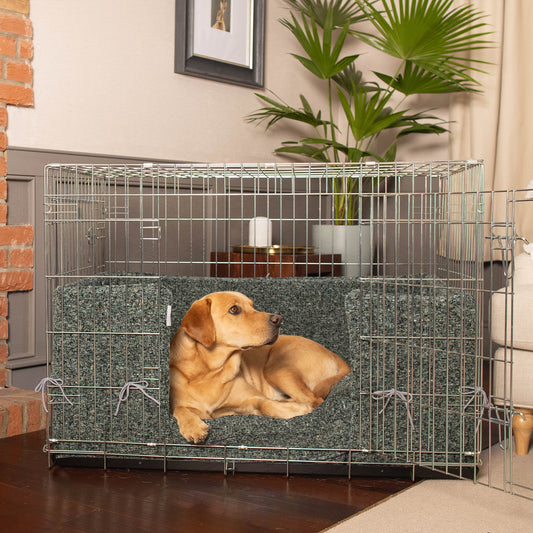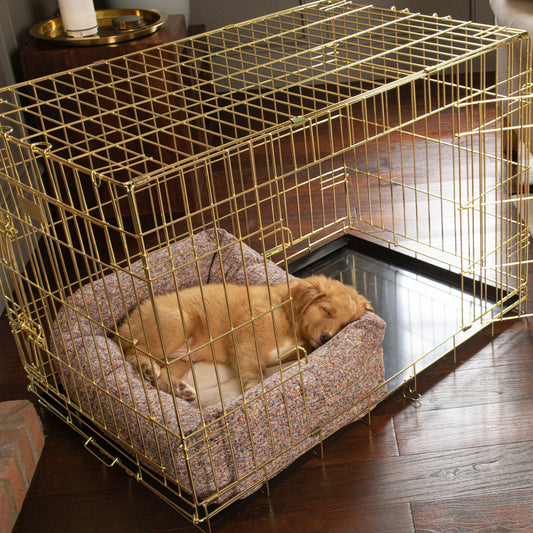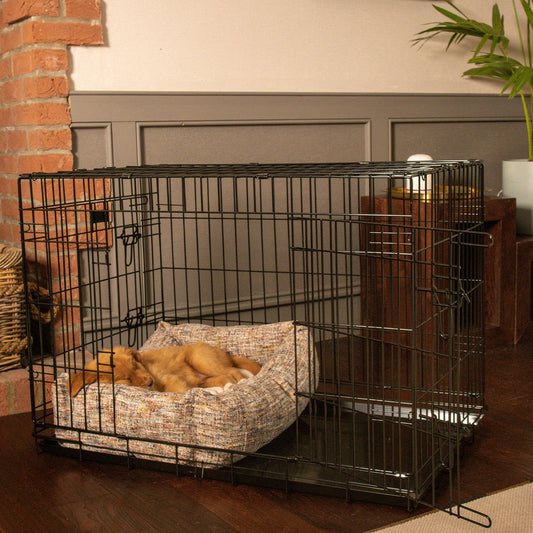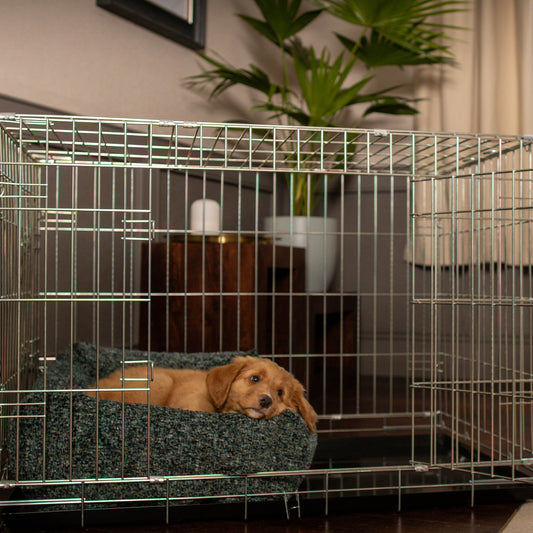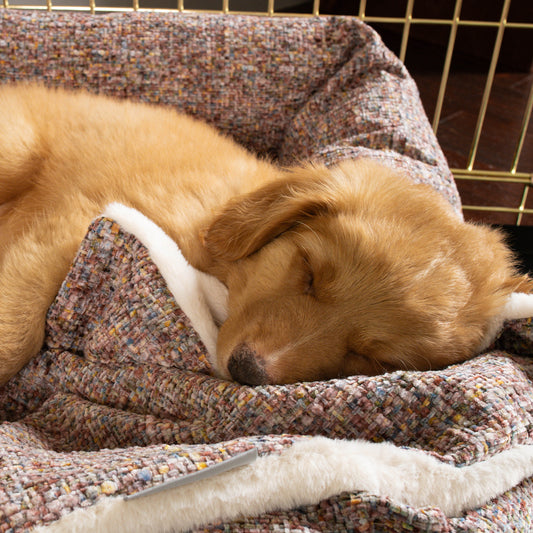Some pet emergencies are unavoidable; others are easier to prevent than you might think. We’ve teamed up Video Vets Now to find out how you can avoid an impromptu vet visit.
Vets are there for your pets, but did you know that one of the best ways to protect your pet is to prevent emergencies from occurring in the first place?
Whilst some pet emergencies will always be unavoidable, others are easier to prevent than you might think. According to our friends Video Vets Now, the video consultation service from emergency providers Vets Now, there are hidden hazards lurking in and around our homes.
“Many pet owners are aware of the common dangers in and around our homes, however there’s a number of hidden hazards that can make our pets extremely unwell,” explains Dave Leicester, Head of Telehealth at Vets Now. “By being aware of these hidden hazards and making simple changes, pet owners can help prevent accidents and certain pet emergencies.”
The smallest lifestyle changes can have a huge impact. These include keeping certain foods elsewhere, securely locking away household cleaning products and choosing different toys for your pet to play with.
Video Vets Now’s hidden hazards guide will help you make sure the only accidents in your house are the ones your puppy leaves on the carpet.

Ten Hidden Hazards That Could Make Your Pet Ill
Some emergencies are inevitable, others are easy to avoid. Dave Leicester, Head of Telehealth at Vets Now, reveals what hazards to look out for.
-
XYLITOL. Xylitol is a sweetening agent found in many sugar-free drinks, drinks and snacks, but it’s highly poisonous to dogs. Prevent an emergency by keeping your sugar-free snacks well out of their reach.
-
INHALERS. If a dog punctures an inhaler, they could be exposed to a huge amount of highly toxic drugs in one go. Prevent an emergency by storing your inhaler somewhere safe.
-
MILK / DAIRY. Lactose intolerance is more common in pets than many of us think. Prevent discomfort by keeping your dairy snacks to yourself.
-
BIOFILM. Bacterial biofilm is the slime found in water bowls and may cause illness if inhaled or ingested. Prevent an emergency by refilling your pet’s bowl regularly with clean, fresh water.
-
CANDLES. They can cause nasty burns and many contain essential oils, which are often toxic. Prevent an emergency by keeping candles away from your pets, and never leaving a lit candle unattended.
-
SLUGS AND SNAILS. Dogs get lungworm by eating larvae found in infected snails and slugs and it can be fatal. Prevent an emergency by avoiding slug-prone areas, or keeping your dog on the lead. Remember, slug pellets are also toxic though, so take care in treating infestations.
-
MUSHROOMS. Although not all types are dangerous, it’s almost impossible to tell the good from the bad. Prevent an emergency by keeping your dog on the lead when there are wild mushrooms around.
-
MEDICATION. Common painkillers such as paracetamol and ibuprofen can be highly poisonous. Prevent an emergency by keeping your medication somewhere safe and secure.
-
COMPOST. Garden waste can produce mycotoxins which can be highly dangerous. Prevent an emergency by keeping your compost bin securely closed at all times.
- COUNTRYSIDE TOXINS. Fertilisers, insecticides, stagnant water, and even waterlogged soil, can all contain dangerous toxins and bacteria. Prevent an emergency by walking your dog in clean, dry areas, and washing their paws and legs thoroughly after walks in the country.

To find out more about hidden hazards visit Vets Now Pet Hidden Hazards Hub | Is Your Pet At Risk? (vets-now.com)
Need some additional advice and it’s not an emergency? Vets Now are just a tap away with Video Vets Now. You can book your appointment and get chatting to a qualified vet from your campsite, caravan or conservatory.
A ten-minute video consult costs £24 and is refundable if Vets Now recommend an in-person follow up within 48 hours. For more details and how to book visit: Online Vets | Video Chat With Our UK Based Vets | 8am-11pm Daily (vets-now.com)


